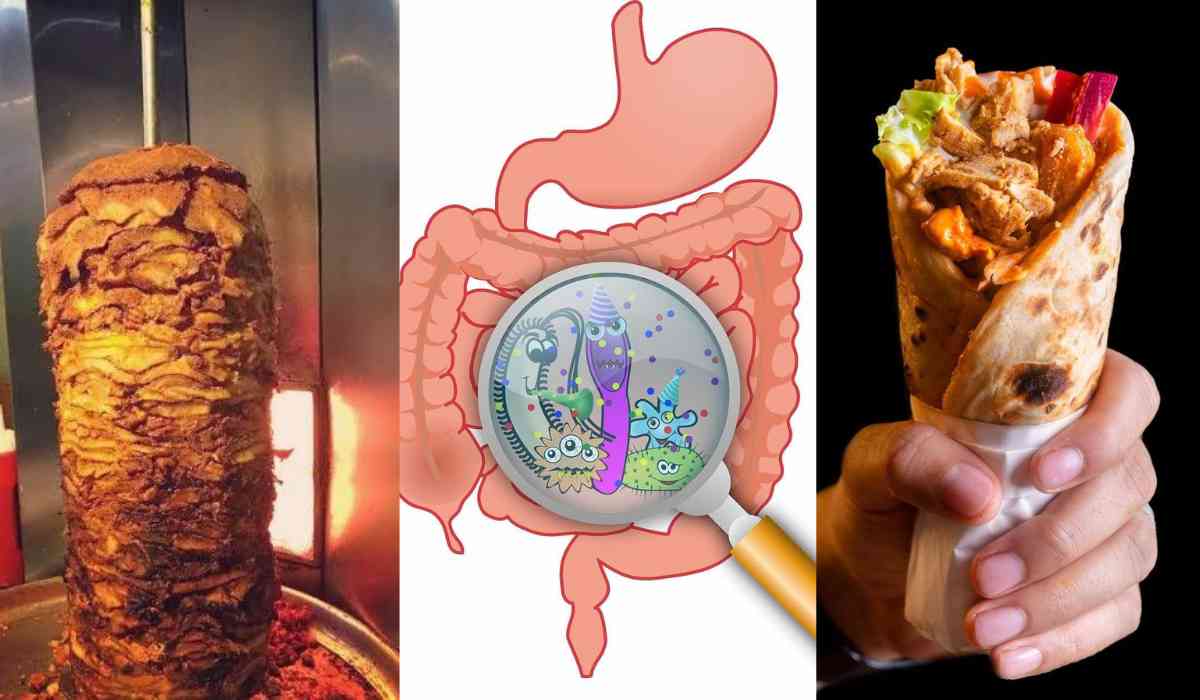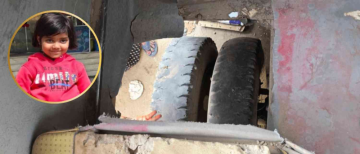India is famous for its street food, but nowadays eating Street Foods has become a bit ‘risky’, especially in this summer heat. Hygiene is what most street food vendors lack, and this ignorance of Hygiene turns out to be fatal in extreme cases, as it may cause food poisoning, jaundice and other food-borne illnesses. A similar incident took place in Mumbai, where merely eating a chicken shawarma tragically took the life of a teen boy.
About the Tragic Incident
On May 3, a 19-year-old Mumbai boy, Prathamesh Bhokse died after he ate chicken shawarma at a roadside stand in Trombay. Police records state that Bhokse and his uncle, Hameed Abbas Syed, consumed the shawarma straight from the vendor. The boy started vomiting and having stomach pains shortly after eating the meal.
He was then taken to a municipal hospital for treatment, but his condition did not get better. Bhokse's family hurried him to KEM Hospital on May 5 because of concerns about his deteriorating condition. He underwent treatment there, but regrettably passed away on Monday.
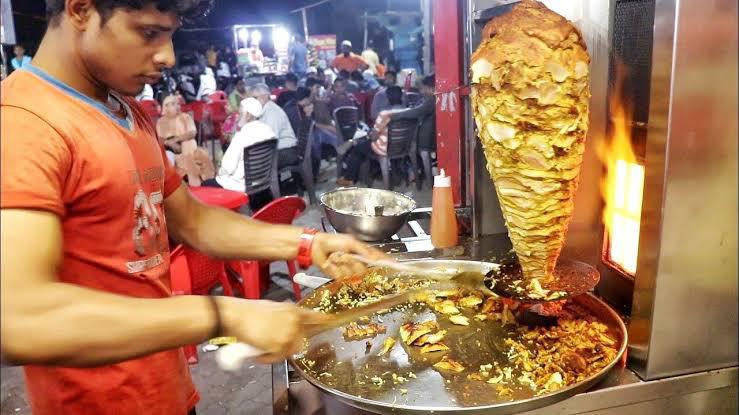
The tragic turn of events led hospital officials to notify the police, who then filed a case under sections 336 and 273 of the Indian Penal Code against unidentified persons. As the authorities crack down on unlicensed food businesses in the area, their investigation revealed the illegal nature of the food stall and resulted in the arrest of two illegal food vendors, Anand Kamble and Ahmed Shaikh.
In relation to Bhokse's demise, the vendors are facing charges under sections 34 and 304 of the IPC, which deal with culpable homicide that does not constitute murder. To ascertain the cause of poisoning, samples of ingredients from the shawarma stall have been sent to the FDA and the forensic science lab. Police believe that unhygienic meat and unsanitary conditions at the stall may have contributed to bacterial contamination, resulting in Bhokse's tragic demise.
‘Shawarma’ Kills
What’s Shocking is that, this is not just a single incident reported, every year many people feel sick or even die from eating the ‘chicken shawarma’ from these ‘unhygienic’ local street vendors. Why? People often neglect the condition of the food and the food stall. This junk food is in a literal sense ‘junk’ that has long-lasting implications on our body, causing several diseases that sometimes turn out to be dangerous and fatal.
The most recent incident is of April 2024, 12 people were hospitalised due to food illness after consuming chicken shawarma at Satellite Tower in the Santosh Nagar neighbourhood of Goregaon (East).
In October 2033, A young man from Kochi passed away from what appeared to be food poisoning after consuming shawarma from a Mavelipuram, Kerala, eatery. According to the 22-year-old's post-mortem report, septicemia, a serious bloodstream infection, was the cause of his death.
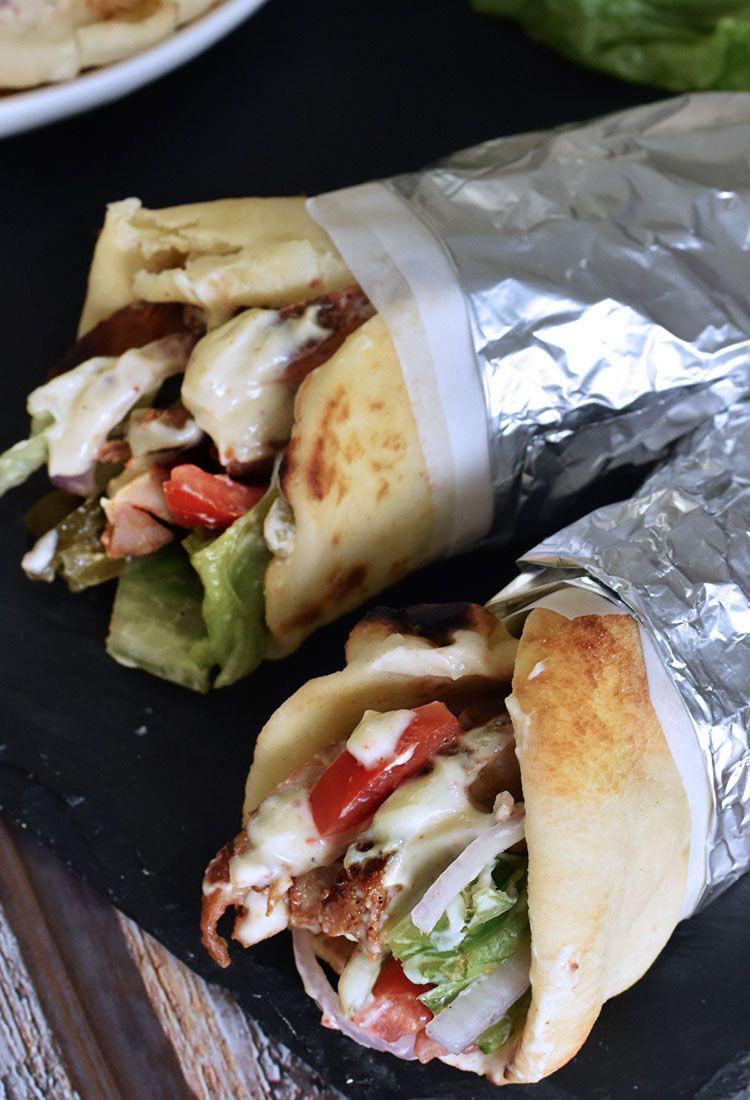
A 14-year-old girl from Namakkal, Tamil Nadu, who had eaten chicken shawarma at a restaurant, was discovered dead at home in September 2022. 43 individuals, including four members of the deceased girl's family, were admitted to the hospital with high fever, vomiting, stomachaches, and diarrhoea.
In April 2022, shawarma from a Cheruvathur restaurant in Kerala caused more than fifty-two illnesses and one fatality. Devananda, a 16-year-old girl, died from food sickness after eating the dish.
How to prevent food poisoning?
The most common illness that results from consuming unclean junk food is food poisoning. Food poisoning can cause a variety of symptoms, but the most common ones include nausea, vomiting, diarrhoea, fever, abdominal discomfort, and occasionally even more severe symptoms.
1. Avoid eating at unhygienic places: Eating at every stall is usually not preferable especially in summers. Choose a good and hygienic place to eat, it may cost you a little more, but it is better than later spending money at a doctor's place. Or what’s best is to eat at Home. There you are certain about hygiene and it is usually the best for your body.
2. Check the quality of food: Quality is what makes a difference. Eating low quality food like the meat has very high chances of some bacterial presence. Also, Ensure to cook all meats, poultry, seafood, and eggs to their correct internal temperatures.
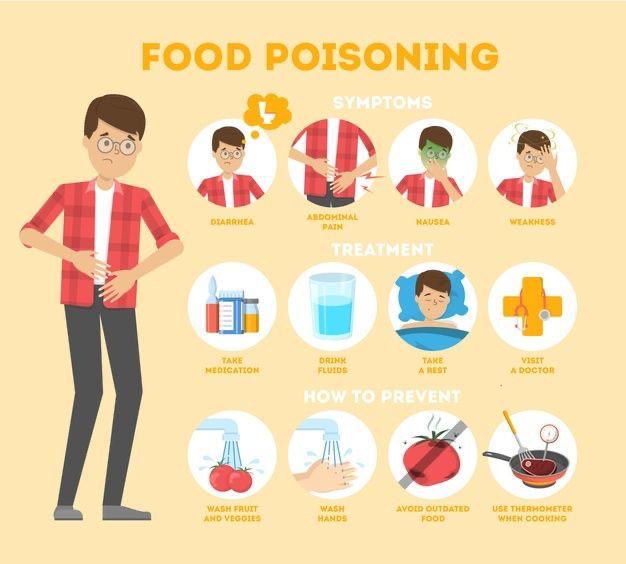
3. Wash your hands before eating: Isn’t it the basic norm and etiquette, but usually the most neglected one. Hands have to be super clean to avoid any kind of virus, bacteria transmitting from our hands to our mouth and then to our stomach.
4. Don’t eat leftover food often: Avoid eating leftovers at any cost, even if food wastage has been a huge issue. Why? The stored leftover food becomes stale very quickly, but if you ever want to eat it only eat when the leftovers were stored in airtight containers and consumed within three to four days. The best way to eat leftovers is to reheat to at least 165°F/74°C to kill bacteria.
5. Avoid cross-contamination: Keep raw meat, poultry, and seafood separate from other foods to prevent the spread of bacteria. Use different cutting boards for meats and vegetables; don't reuse utensils without washing them.
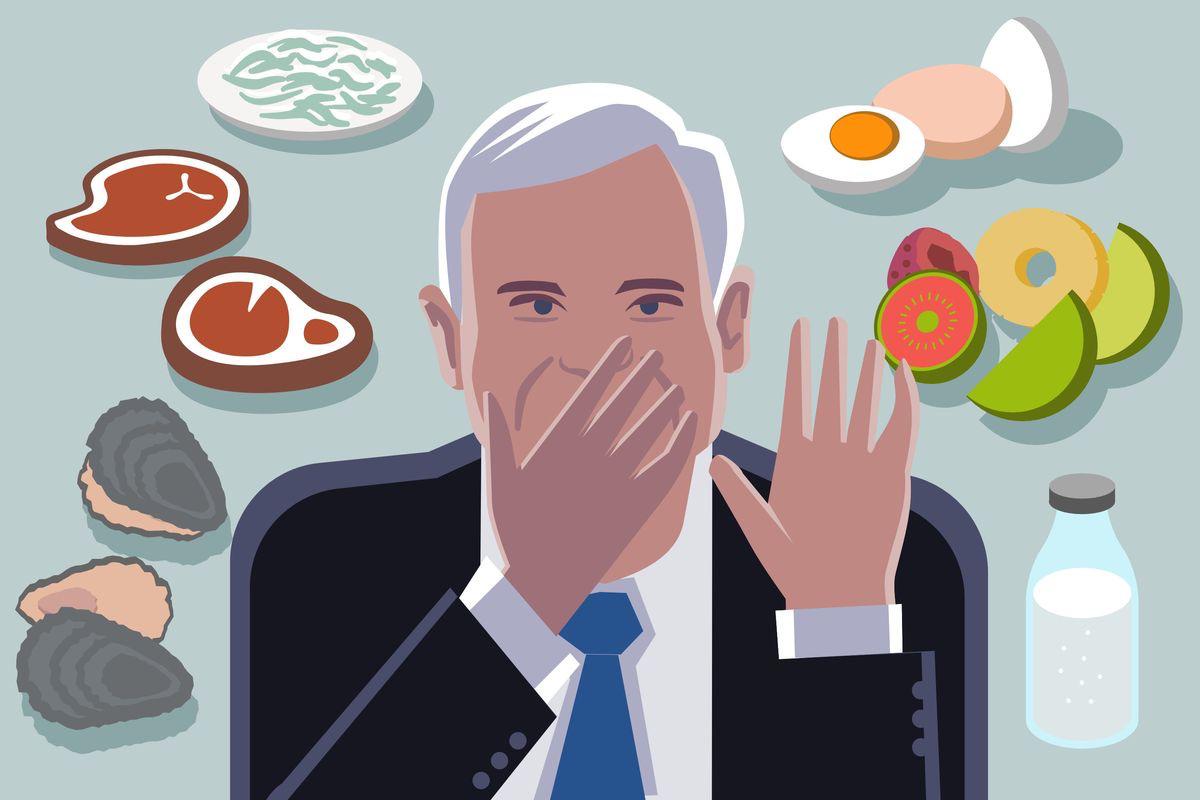
What to do if Food poisoning happens? First of all, don't panic. Usually, home treatment is possible. It's important to stay hydrated if you think you may have food poisoning. Make sure to stay hydrated by drinking lots of water or electrolyte solutions. To help your stomach settle, take a few hours off and avoid solid food. If symptoms worsen or last longer than expected, speaking to a doctor immediately is advised. Remaining at home to relax also helps. Drink only liquids when eating, such as water, clear broth, fruit juice that has been diluted, decaffeinated tea, or sports drinks. Certain foods may raise your risk of vomiting or dehydration. Steer clear of dairy products, fried, spicy, sugary, caffeine-containing foods, alcohol until you're feeling well.
(Inputs from Agencies)
©️ Copyright 2024. All Rights Reserved Powered by Vygr Media.

